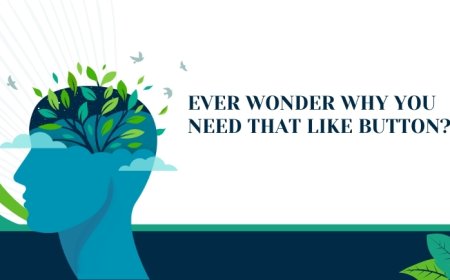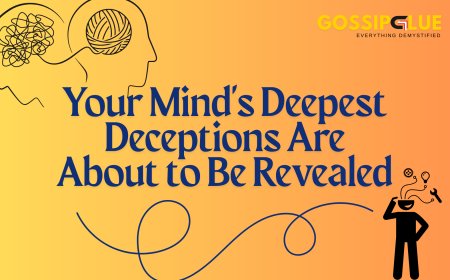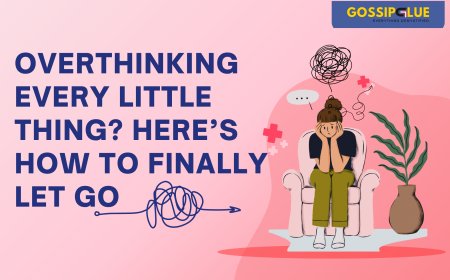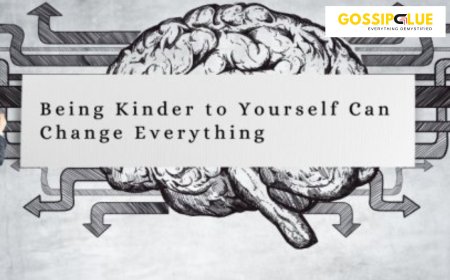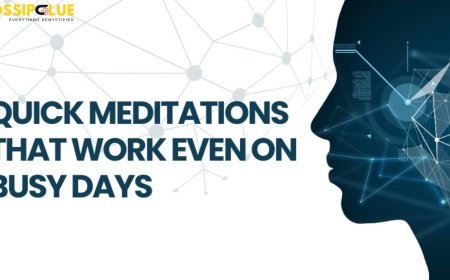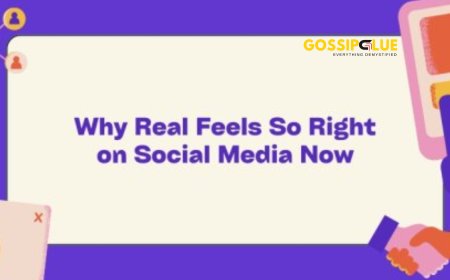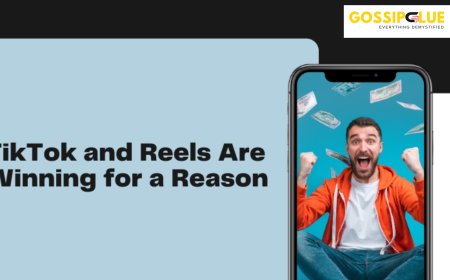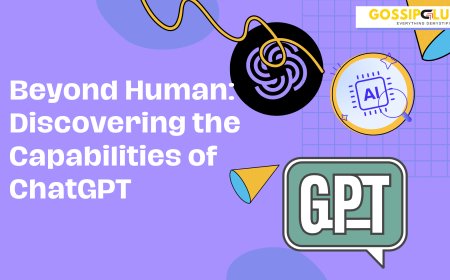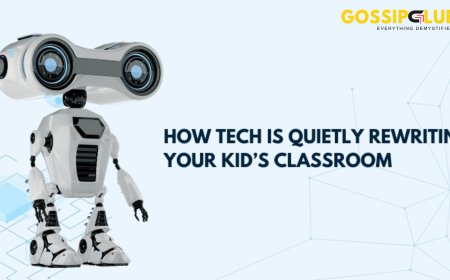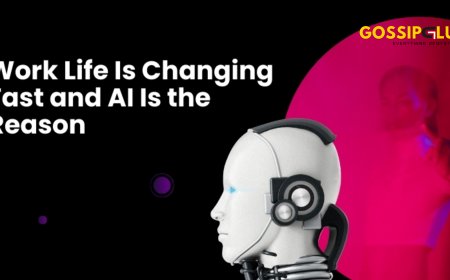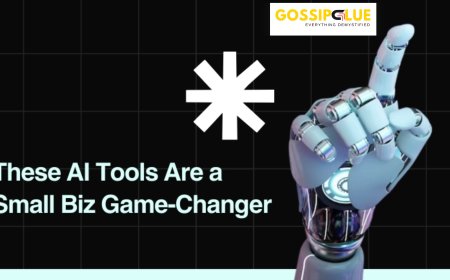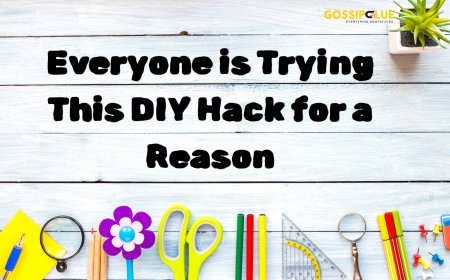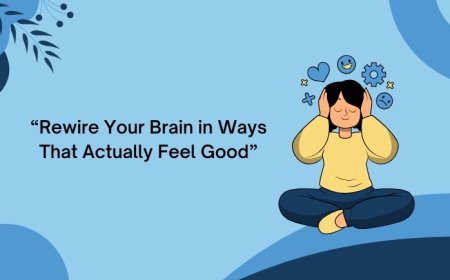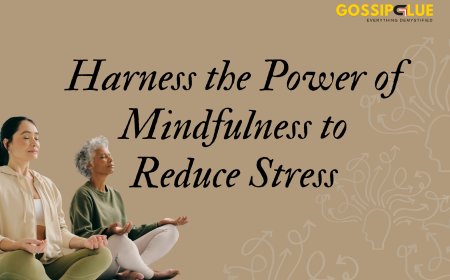Cognitive Biases You Need to Know to Make Better Decisions
Learn about key cognitive biases that affect decision-making and how understanding them can lead to smarter, more rational choices.

Last month, Jenna faced a tough choice: invest her savings in a trendy startup or stick with a safer mutual fund. Convinced by glowing online reviews, she poured her money into the startup, only to lose most of it when the company folded. Reflecting later, Jenna realized her decision was swayed by cognitive biases, mental shortcuts that clouded her judgment. These hidden traps affect us all, from everyday choices to life-altering decisions. By understanding cognitive biases, you can sharpen your thinking and make smarter choices. This article explores key cognitive biases and offers practical ways to overcome them for better decision-making.
What Are Cognitive Biases?
Cognitive biases are systematic errors in thinking that arise when our brains take shortcuts to process complex information. While these mental habits help us make quick decisions, they often lead to flawed conclusions. Psychologists have identified over 180 cognitive biases, each subtly distorting how we perceive reality. Whether you are choosing a career, buying a car, or voting, cognitive biases can steer you off course. The good news? Awareness is the first step to outsmarting them.
Four Cognitive Biases That Derail Your Decisions
Here are four common cognitive biases that impact decision-making, along with examples to illustrate their effects:
1. Confirmation Bias
This is one of the most pervasive cognitive biases, where we seek out information that supports our existing beliefs and ignore evidence to the contrary. For instance, if you believe a new diet is the best, you might focus on success stories while dismissing studies showing its risks. Confirmation bias blinds us to alternative perspectives, limiting our ability to make balanced decisions. Understanding confirmation bias meaning helps individuals recognize their mental blind spots.
2. Availability Heuristic
The availability heuristic is a cognitive bias that leads us to overestimate the likelihood of events based on how easily they come to mind. After watching news about a shark attack, you might avoid swimming, even though the risk is statistically low. This bias skews our perception of reality, making vivid or recent events seem more probable.
3. Anchoring Bias
Anchoring occurs when we rely too heavily on the first piece of information we encounter, a cognitive bias that shapes subsequent judgments. In a salary negotiation, if the employer offers a low starting figure, it can anchor your expectations, leading you to accept less than you deserve. This anchoring effect can distort financial and personal decisions. Being aware of the anchoring effect is crucial for effective negotiation and pricing strategies.
4. Bandwagon Effect
This cognitive bias drives us to adopt beliefs or behaviors because “everyone else is doing it.” During a stock market frenzy, you might invest in a trending stock to follow the crowd, only to face losses when the bubble bursts. The bandwagon effect clouds independent thinking, making it one of the trickier cognitive biases to avoid.
The Real-World Impact of Cognitive Biases
Cognitive biases don’t just affect individual choices, they shape workplaces, relationships, and societies. In business, hiring managers swayed by confirmation bias might overlook qualified candidates. In politics, the bandwagon effect can fuel polarized voting. The dunning kruger effect is another powerful influence, where people with limited knowledge overestimate their competence. By recognizing cognitive biases, you gain the power to challenge assumptions and make decisions that align with your goals and values.
Discover why our obsession with likes and approval might be reshaping our reality in this thought-provoking read on social validation.
Strategies to Overcome Cognitive Biases
Awareness of cognitive biases is crucial, but action is what drives change. Here are four practical strategies to minimize their influence on your decisions:
1. Challenge Your Assumptions
Counter confirmation bias by actively seeking opposing viewpoints. Before deciding, ask, “What evidence contradicts my belief?” This habit helps you see the full picture and reduces the grip of cognitive biases. Understanding confirmation bias meaning makes this step more impactful.
2. Slow Down Your Thinking
Many cognitive biases thrive on snap judgments. Pause to reflect before making big decisions. For example, when shopping, wait 24 hours before buying to avoid anchoring to a sale price. Deliberate thinking helps you overcome the anchoring effect and fosters clarity. Slowing down also limits the influence of the dunning kruger effect, where impulsive confidence leads to errors.
3. Rely on Objective Data
To combat the availability heuristic and other cognitive biases, ground your decisions in facts. Use tools like spreadsheets for financial choices or consult reputable sources for health decisions. Data-driven approaches keep the anchoring effect and confirmation bias in check.
4. Seek Diverse Input
The bandwagon effect and other cognitive biases weaken when you consult varied perspectives. Discuss your choices with people who think differently or have unique expertise. Their insights can reveal blind spots and reduce confirmation bias. Understanding confirmation bias meaning can encourage openness to those contrasting viewpoints.
The Power of Bias-Aware Decision-Making
Mastering cognitive biases transforms how you navigate life. You will approach decisions with greater confidence, clarity, and independence, whether you’re investing money, choosing a career, or resolving a conflict. While cognitive biases are part of being human, they don’t have to control you. With practice, you can rewire your thinking for smarter, more ethical choices. Even being aware of the dunning kruger effect and anchoring effect can improve decision-making drastically.
Start Making Smarter Decisions Today
Don’t let cognitive biases sabotage your potential. Pick one strategy from this article, perhaps challenging your assumptions or seeking diverse input, and apply it to your next decision. Share your experience in the comments below. Visit Gossipglue and explore our resources on critical thinking for more tools to sharpen your mind. Take control of your choices and unlock better decisions today.
What's Your Reaction?
 Like
0
Like
0
 Dislike
0
Dislike
0
 Love
0
Love
0
 Funny
0
Funny
0
 Angry
0
Angry
0
 Sad
0
Sad
0
 Wow
1
Wow
1


